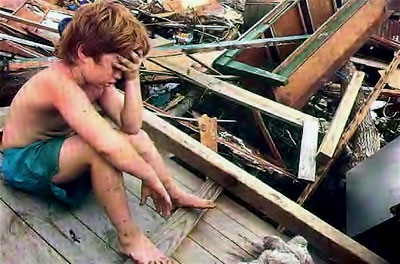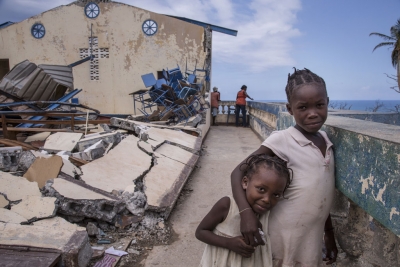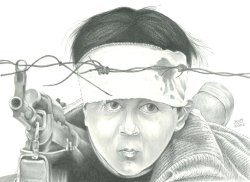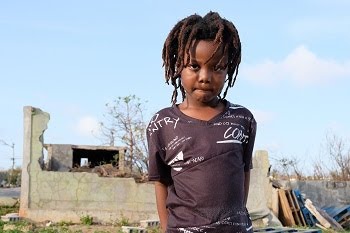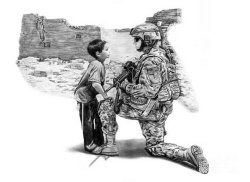
|
English Curriculum TrainingSix Step Pattern of MinistryEnglish Child EvangelismHeal a Hurting HeartTurkish Earthquake Curriculum
Earthquake 'And Puppy' Story BookEnglish 'And Puppy' Story Book
More UCT Curriculum |
home >> heal a hurting heart>>post traumatic stress disorder
Heal a Hurting Heart - Post Traumatic Stress Disorder (To be translated into Turkish for the children of Turkey) Post Traumatic Stress Disorder in children occurs as a result of a child’s exposure to 1 or more traumatic events:
|
Children may re-experience traumatic events in various ways, such as the following: • Flashbacks and memories -
|
| Copyright © 2024 www.UnitedCaribbean.com. All rights reserved. Disclaimer Click to Contact us |
